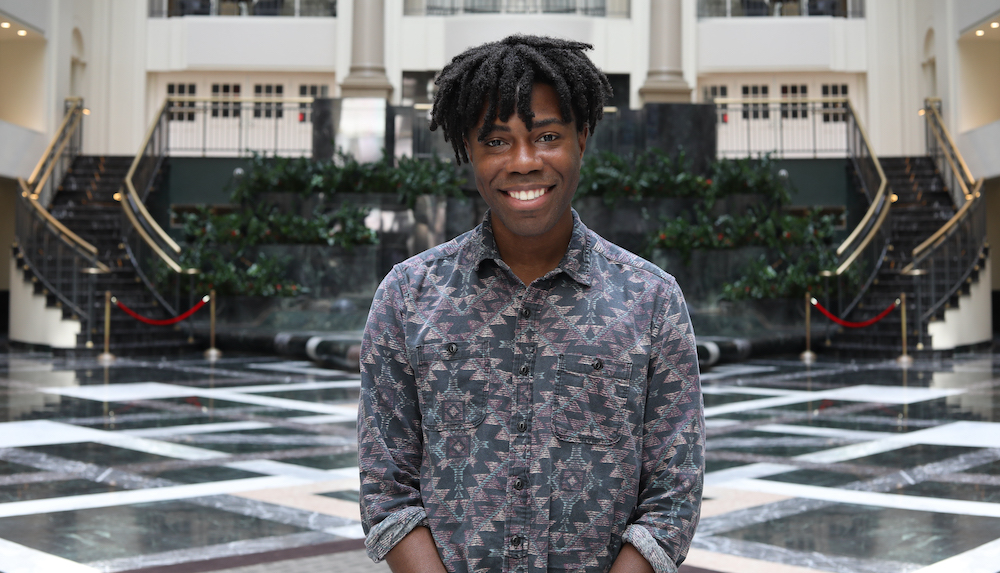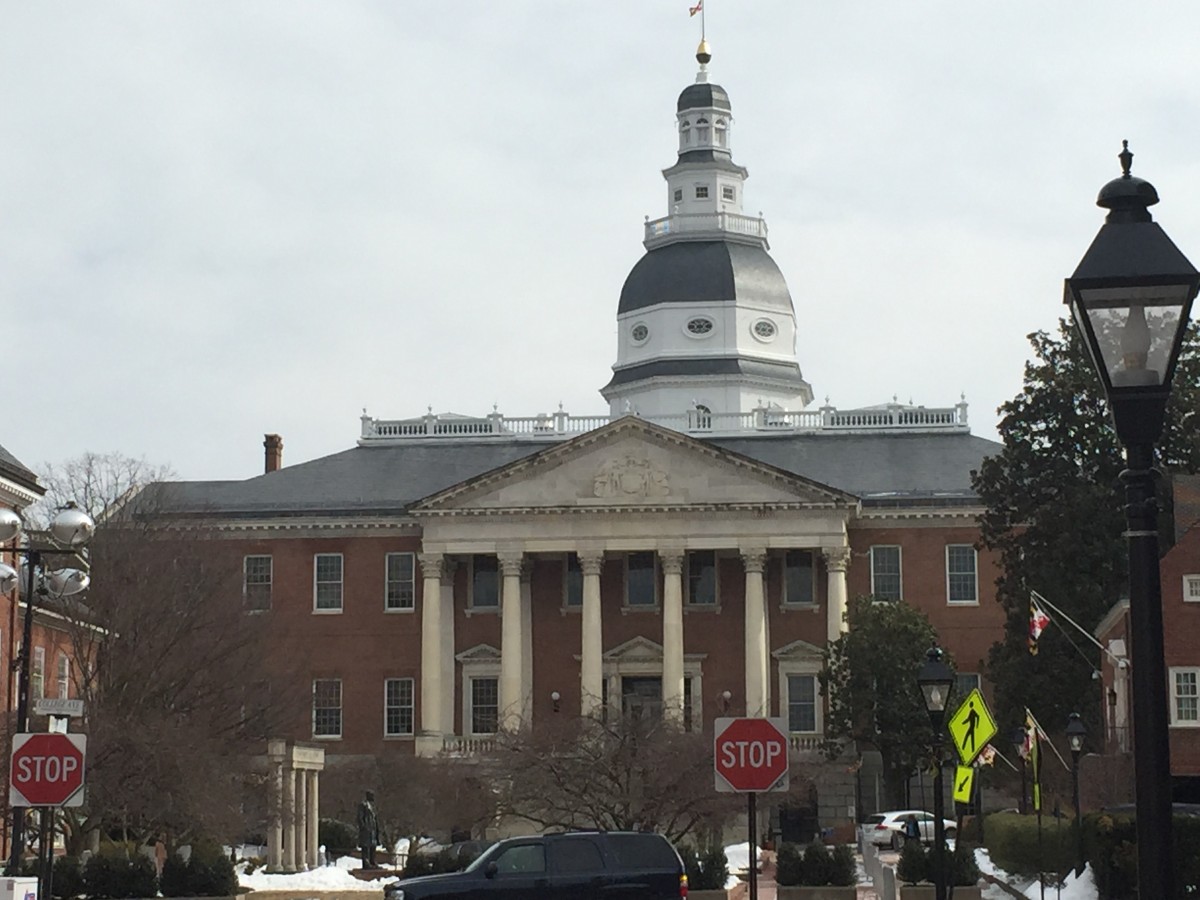Put digital equity on the agenda for the 2021 legislative session in Annapolis.
That was the call from a series of community members who gave testimony to the Baltimore city delegation of the Maryland General Assembly‘s House of Delegates Tuesday during a public hearing to gather ideas for the legislative body’s upcoming session of in January.
Among many critical issues facing the city, a group of advocates brought the issue of digital equity to legislators, showing they are seeking action by the legislature. The Baltimore Digital Equity Coalition turned out in numbers to speak on the issues at the heart of and recommended solutions to bridge the digital divide.
“Real digital equity can’t happen until we have substantial policy changes and increased funding at the city, state and federal level,” Adam Echelman, coalition lead and executive director of Libraries Without Borders, said in a follow up email about the coalition’s testimony.
When it comes to where state government can play a role, here are several of the policy ideas suggested by the coalition members
- Treat internet as a utility
- Introduce a report card on the performance data of ISPs in municipalities
- Create a digital equality caucus among legislators
- Codify net neutrality principles in legislation at the state level
- Produce a Racial Equity Impact Report on all internet service providers operating in Baltimore
They’re all aimed at bridging a digital dive in Baltimore city that leaves 40% of Baltimore residents without in-home internet access or devices to access the internet like a laptop or desktop, and a lack of digital literacy among predominantly-Black and Latinx low-income workers.
Representatives from Libraries Without Borders, The Robert W. Deutsch Foundation, Byte Back Baltimore, the Community Development Network of Maryland, Fearless, PCs for People and the Digital Harbor Foundation all provided testimony at the hearing. The 60+ member Baltimore Digital Equity Coalition came together in 2020 as the pandemic’s shifts to remote work and distance learning brought the issue of digital access to the fore.
You can check out the testimony of the members at the Baltimore City Delegation’s Facebook page, with statements starting at 2:01:50.
Donte Kirby is a 2020-2022 corps member for Report for America, an initiative of The Groundtruth Project that pairs young journalists with local newsrooms. This position is supported by the Robert W. Deutsch Foundation.Before you go...
Please consider supporting Technical.ly to keep our independent journalism strong. Unlike most business-focused media outlets, we don’t have a paywall. Instead, we count on your personal and organizational support.
Join our growing Slack community
Join 5,000 tech professionals and entrepreneurs in our community Slack today!

The person charged in the UnitedHealthcare CEO shooting had a ton of tech connections

The looming TikTok ban doesn’t strike financial fear into the hearts of creators — it’s community they’re worried about

Where are the country’s most vibrant tech and startup communities?


